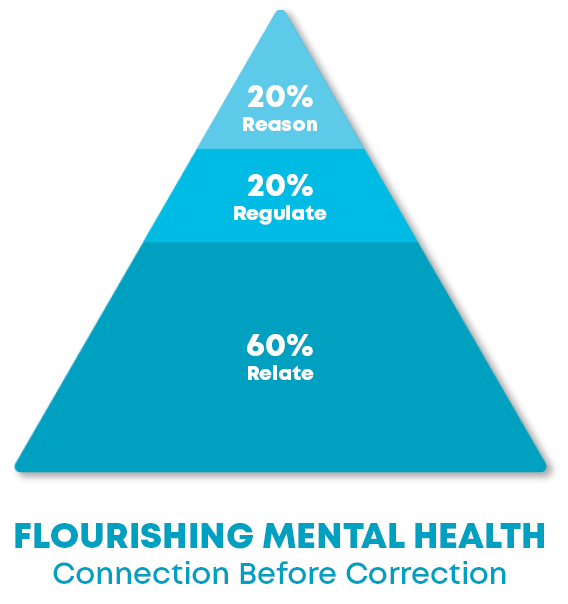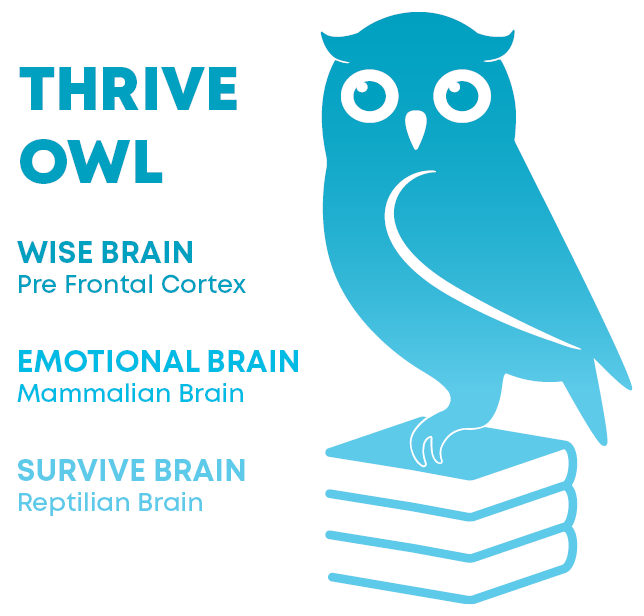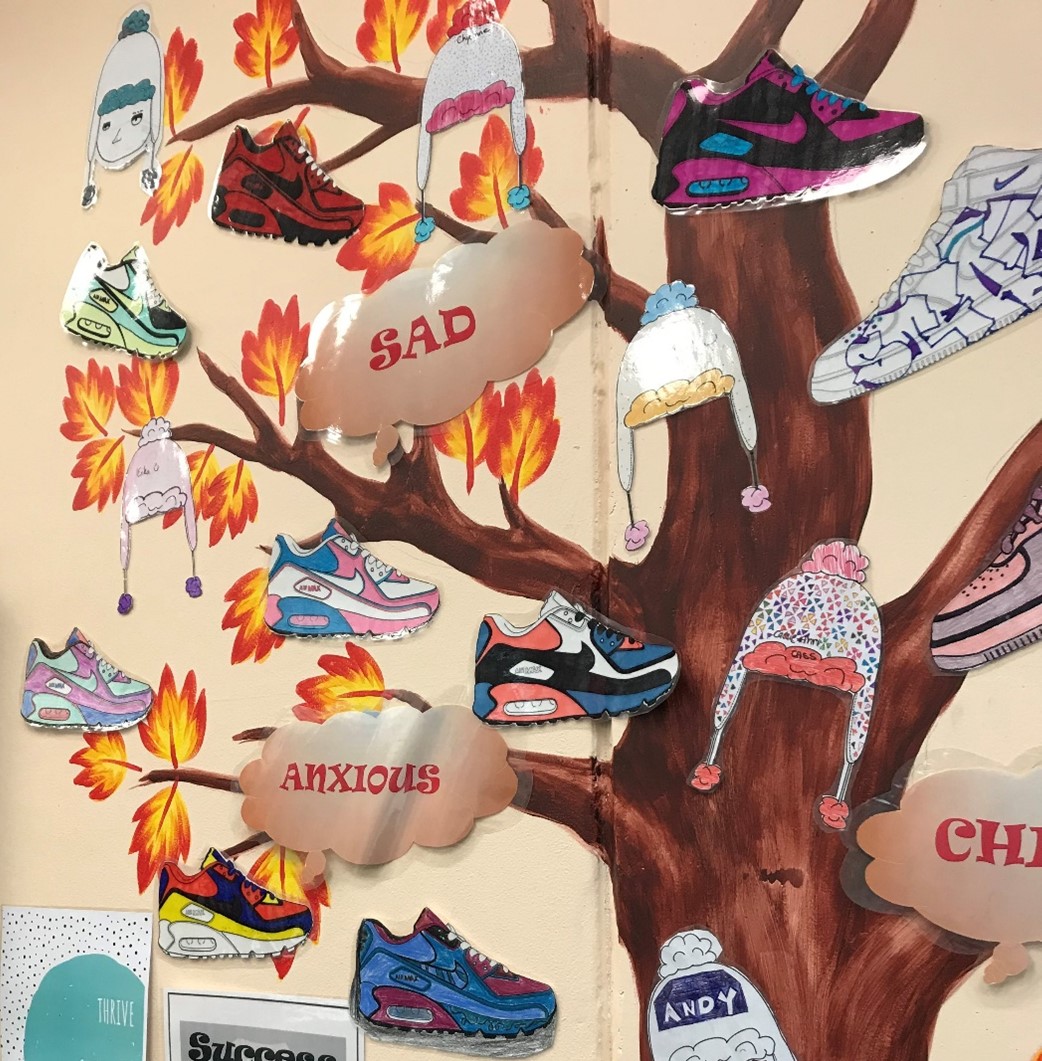Practice
Our Thrive framework includes a collection of evidence-based practices which aim to develop flourishing mental health in young people.
We empower them with ways to regulate their emotions, increase coping skills and develop healthy relationships.
This gives them the techniques needed to prosper, both in and out of school.
These work together to create a hollistic, student centric approach to student wellbeing, supporting students to Thrive.
Wellbeing First Approach

The Thrive program is built on the principles of the Neurosequential Model of Education by Dr. Bruce Perry, focusing on three core elements: Regulate, Relate, and Reason.
Regulate: This involves learning to co-regulate and self-regulate emotional states. By using mindfulness techniques and creating sensory-friendly environments, we help students manage their emotions and stay calm.
Relate: A regulated student is capable of building strong relationships, particularly with staff and peers at school. We foster a supportive and inclusive atmosphere where students feel connected to their peers and staff, enhancing their sense of belonging and emotional security.
Reason: A student who feels they belong and with emotional security can begin developing self-belief and a sense of purpose. We encourage students to engage in meaningful activities that build their confidence and help them understand the importance of their education and personal goals.
Grounded, Centered and Present
1
Our school’s Thrive Wellbeing Pathway includes ‘Grounded, Centred and Present’ (GCP) Activities, a collection of three-minute brain breaks designed to help students manage emotional dysregulation.
These activities target different parts of the brain to address various types of emotional challenges.
2
Adolescence is a time marked by significant stress and vulnerability, with increased social pressures and a heightened risk of mental health issues.
During this period, the brain’s reward system, which is part of the Emotional Brain, matures before the prefrontal cortex (PFC)—often referred to as the Wise Brain.
This results in adolescents spending much of their time operating from the Emotional Brain, which can affect decision-making and emotional regulation.
3
To help students navigate this challenging period, especially those with trauma backgrounds, GCP Activities are designed to quickly refocus and reenergise them.
Each activity is developed to engage different brain regions: present activities target the PFC (Wise Brain), which governs higher-order thinking and decision-making; centered activities target the mammalian brain, which deals with emotional responses; and grounded activites target the reptilian brain, which controls basic survival instincts.
By addressing these areas, GCP Activities support students in achieving emotional stability and readiness for learning.
4
Incorporating GCP Activities helps students manage their emotions effectively and prepares them to engage with their educational tasks in a more balanced and receptive state.

Common Language and Check-in

Our Morning Check-In practice provides students with an opportunity to start their school day by naming, claiming, and taming their emotions.
Using a common language, students learn to identify and express their feelings honestly, which fosters self-awareness and emotional regulation.
This practice not only helps students begin their day with a clear and honest outlook but also allows our staff to understand where each student is mentally.
By gauging the emotional state of our students, we can identify those who may need additional support and ensure they receive the care and attention they need to thrive throughout the day.
MULTI-DISCIPLINARY APPROACH
Our multi-disciplinary program takes a holistic approach to education, focussing on each individual as a whole person. Our three-pillar methodology ensures students:
- are supported physically and mentally, with a wellbeing-first approach
- are confident and independent, and in charge of their future destinies
- foster a healthy relationship with lifelong learning, in and out of school
This well-rounded methodology supports students into becoming happy, healthy, successful and contributing members of our community.

